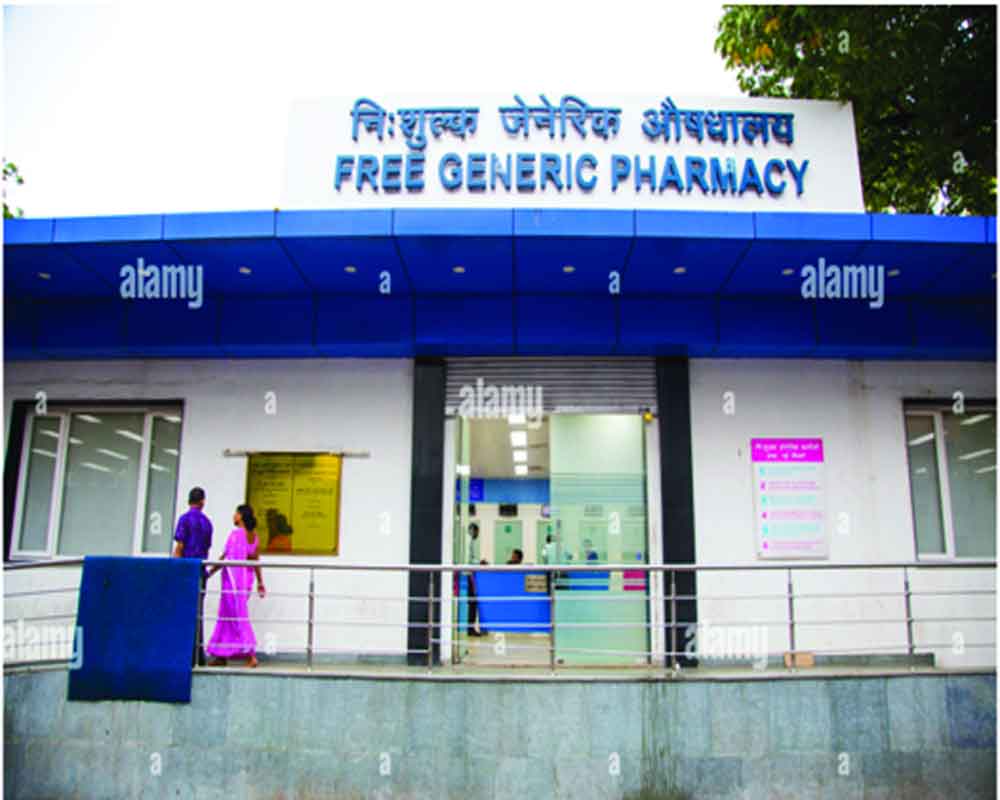Invisible hand of the pharma lobby behind violations
On 25 03 2022, the National Pharmaceutical Pricing Authority said that the annual change in the WPI works out as 10.76607% during the calendar year 2021 over the corresponding period in 2020. This means that the prices of essential medicine are set to rise by ten per cent. There was continuous lobbying by a group that represents over 1000 Indian pharmaceutical manufacturers that has urged the government to allow drug-makers to increase prices of all non-scheduled drugs by 20% as the pharmaceutical industry battles rising input costs. At present, non-scheduled drugs are allowed a maximum annual price increase of 10%. Consumers, already reeling due to galloping prices of essential commodities, may have to shell out more for essential medicine like painkillers, anti-infectives, cardiac drugs and antibiotics. The government is set to allow drug companies an increase in line with the change in the annual wholesale price index. In this connection, it is worthwhile to revisit an earlier guideline with regard to the prescription of generic drugs by medical practitioners. The Medical Council of India-made regulations in 2002 that are binding on all doctors and state: "Use of Generic names of drugs: Every physician should, as far as possible, prescribe drugs with generic names and he /she shall ensure that there is a rational prescription and use of drugs." Any violation of these guidelines will be a deemed a 'misconduct' which may result in initiation of disciplinary action against the violating doctors. As per clause 8.2,if the medical practitioner is found to be guilty of committing professional misconduct, the appropriate Medical Council may award such punishment as deemed necessary or may direct the removal altogether or for a specified period, from the register of the name of the delinquent registered practitioner. Deletion from the Register shall be widely publicized in local press as well as in the publications of different Medical Associations/ Societies/Bodies.
At the time of their registration, physicians sign a declaration that includes the following: "I shall abide by the code of medical ethics as enunciated in the Indian Medical Council (Professional Conduct, Etiquette and Ethics) Regulations 2002" From the above it is clear that it is mandatory for medical practitioners to prescribe generic drugs as far as possible and failing to do so may amount to misconduct which may warrant their removal from registration. A generic drug may be defined as a medication created to be the same as an already marketed brand-name drug in dosage form, safety, strength, route of administration, quality, performance characteristics, and intended use. These similarities help to demonstrate bioequivalence, which means that a generic medicine works in the same way and provides the same clinical benefit as the brand-name medicine. It means that one can take a generic medicine as an equal substitute for its brand-name counterpart. Generics are cost-effective alternatives to brand name drugs, which can be used interchangeably, but can be sold at a fraction of the cost. These medicine are identical to brand name drugs in dosage, strength, route of administration, performance characteristics, safety and intended use. While inaugurating a charitable hospital in Surat in April 2017, Prime Minister Narendra Modi informed that the government will bring in a legal frame work under which doctors will have to prescribe generic medicines which are cheaper than branded drugs to patients. It is not known why the existing provisions prescribed by Medical Council of India are not being strictly enforced. Possibly, it is because of the invisible hand of a powerful pharmaceutical lobby. The government must not only enforce the provisions but take action against those who do not prescribe generic drugs.
(The writer is a retired banker. The views expressed are personal.)


























